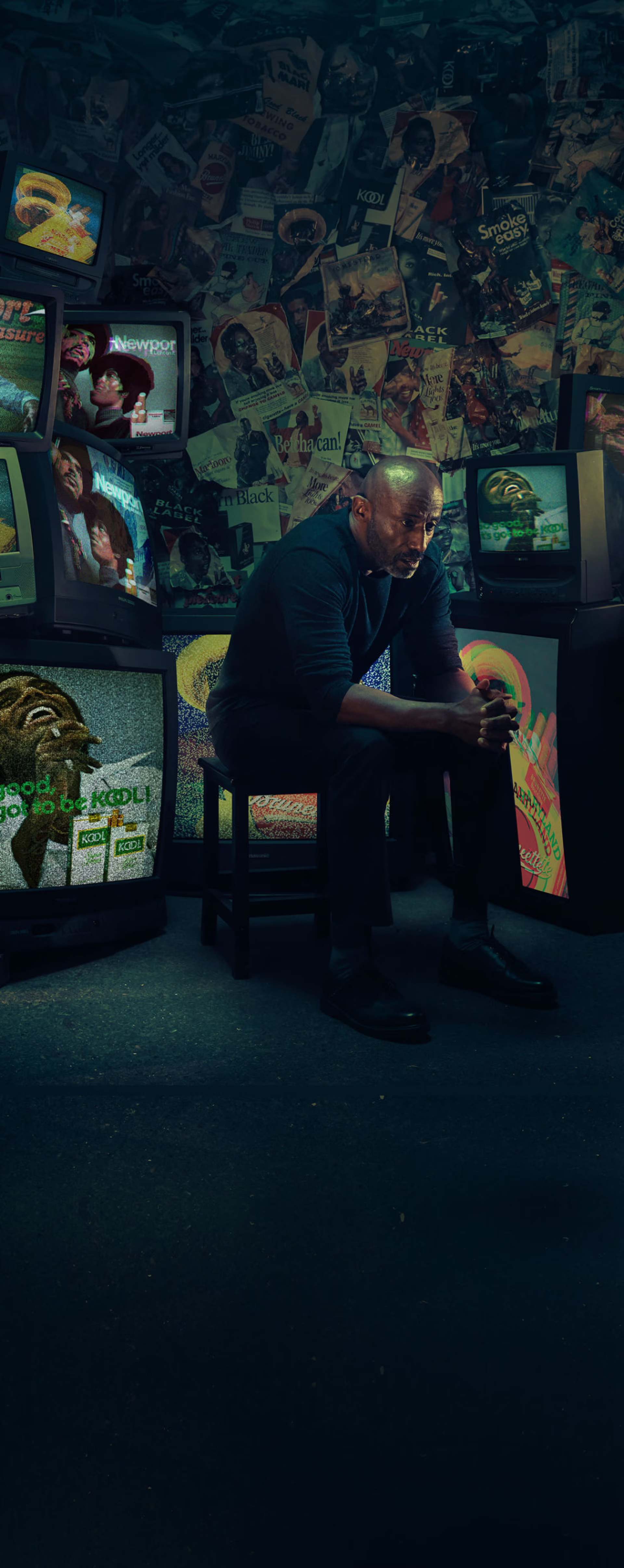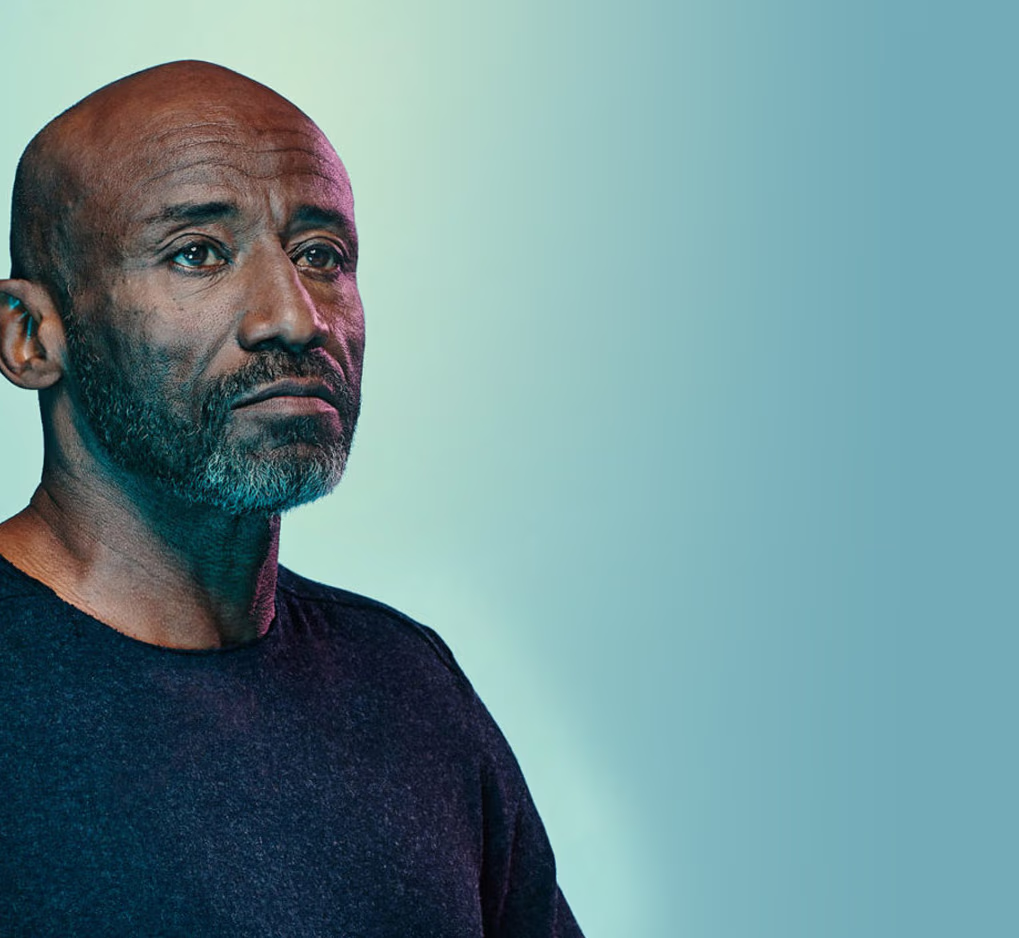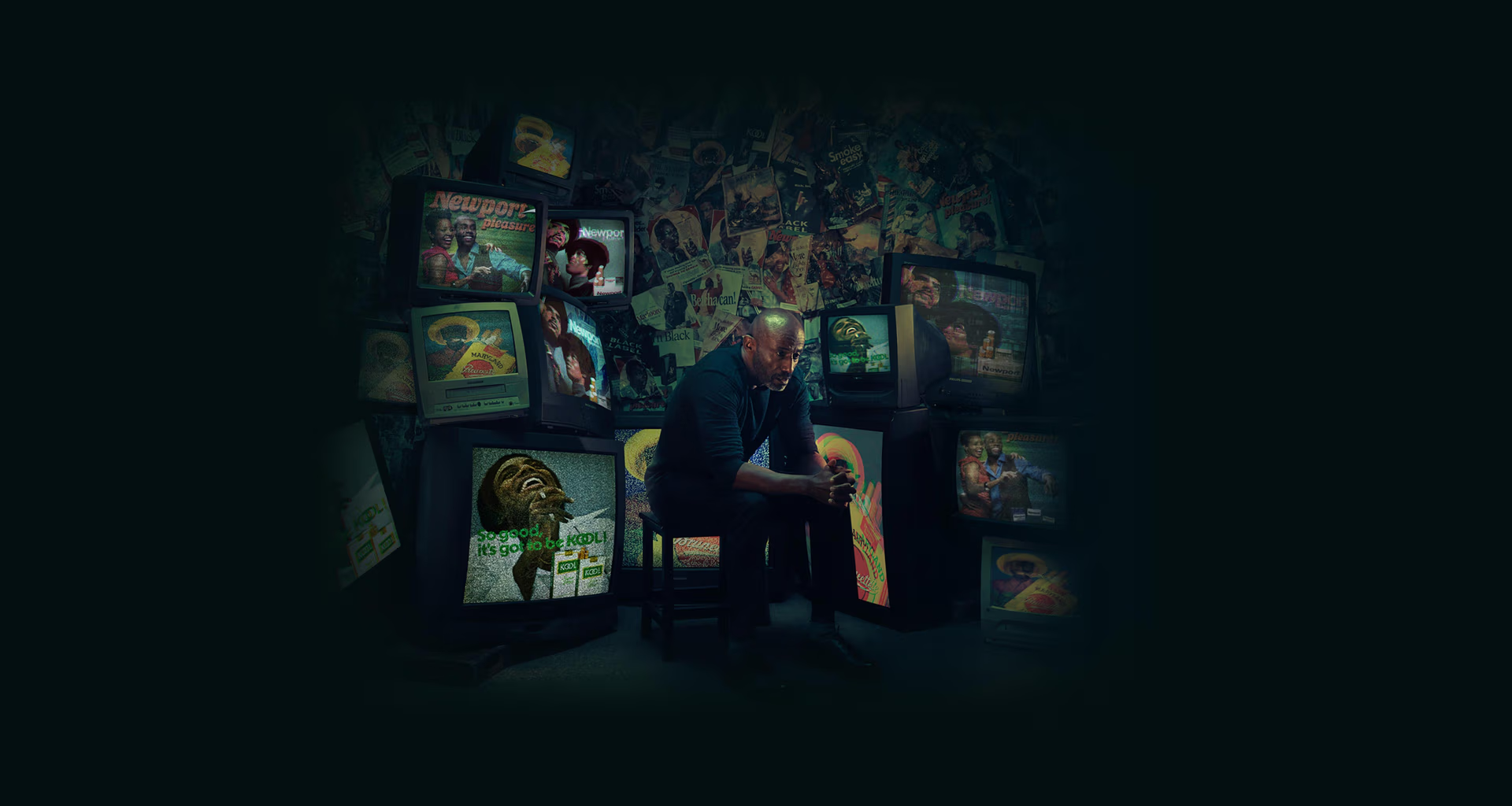
Tobacco is immensely destructive in African American/Black communities, causing more deaths than AIDS, accidents, and homicide combined.1 Tobacco companies’ manipulative tactics have led to African American/Black communities experiencing the greatest burden of tobacco-related mortality of any racial or ethnic group in the United States.2
Big Tobacco systematically targets African American/Black communities by plastering neighborhood stores with deceptive ads and offering discounts on their products.3 Studies have found there are up to 10x more tobacco ads in neighborhoods where people predominantly identify as African American/Black, particularly for menthol cigarettes, which Big Tobacco has specifically pushed in the community for years.4
Tobacco companies are now pushing other flavored tobacco products such as little cigars and cigarillos and are pricing them lower in African American/Black neighborhoods.5 R.J. Reynolds, makers of Camel and Newport, recently sponsored community events and paid for the travel costs of prominent community leaders such as civil rights activist Reverend Al Sharpton to convince African American/Black communities that banning flavored tobacco, particularly menthol cigarettes, will continue the criminalization of people who are African American/Black. The truth is, flavor ban tobacco policies, similar to the 2016 California Tobacco 21 law, no longer penalize tobacco product purchasers, instead holding tobacco sellers responsible.
Clearly, Big Tobacco is not letting go of this community without a fight.


Tobacco’s impact on health disparities in California
For decades, the tobacco industry has aggressively targeted California’s diverse communities with predatory practices. Internal documents from Big Tobacco outline their strategies – many of which are shocking attempts to peddle deadly products by way of product discounts and manipulative advertising. They even gave away free products to youth in the past. These tactics masquerade as support for communities under the guise of cultural celebration.
Unfortunately, the tactics have worked. Big Tobacco aggressively targeted communities and, as a result, some populations have higher rates of tobacco use, experience greater secondhand smoke exposure at work and at home, and have higher rates of tobacco-related disease than the general population.5
Addressing tobacco-related health inequities is key to California’s efforts to fight tobacco, our state’s number one cause of preventable death and disease.6 Tobacco use, pricing, and its impact across California were analyzed where significant disparities were found across various populations. See how Big Tobacco affects each community in the Nation’s most diverse state.